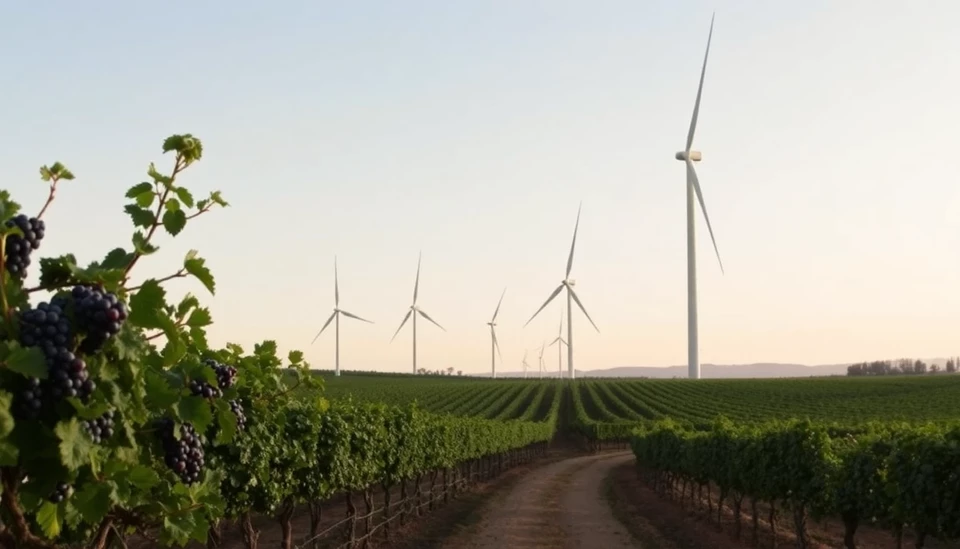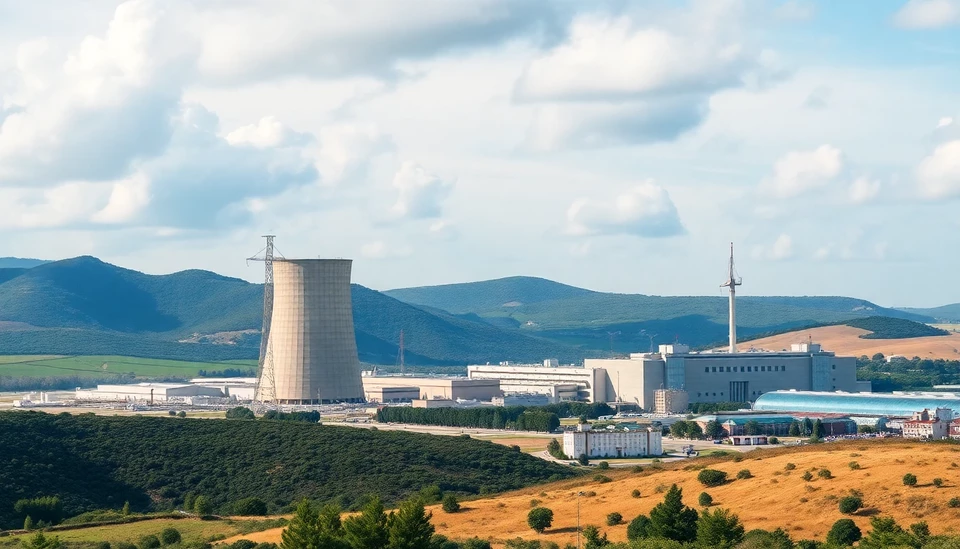
In a significant turn of events for Spain's rural landscape, the booming wine industry has emerged victorious in its struggle against the installation of wind farms. This confrontation highlights the tension between traditional agriculture and the rising push for renewable energy development in scenic rural areas.
Recent reports reveal that wine producers in regions such as Sardón de Duero successfully lobbied against the proliferation of wind turbines, arguing that these installations not only threaten the scenic appeal of their vineyards but also compromise the quality of the grapes. The locals articulated a fierce alliance, mobilizing to protect their cultural heritage and the economic foundations laid by their acclaimed wine production. Their efforts signify a growing resistance to renewable energy developments that many rural communities perceive as disruptive.
This clash is particularly important, as Spain has set ambitious goals to transition towards renewable energy sources. The government's aim focuses on achieving a carbon-neutral plan by 2050. However, the push for wind energy has been met with increasing opposition from rural communities, who fear the encroachment of industrial structures would alter the natural landscape irrevocably, affecting tourism and the aesthetics that draw visitors to these regions.
As wind farms spread, many wine-producing areas have expressed concern that the grinding of wind turbines could affect the delicate ecosystem necessary for high-quality wine production. The local winemakers argue that the vibrations and noise pollution might disturb the natural conditions required for cultivating premium grape varieties.
In reaction to these developments, many rural residents are rallying behind initiatives that prioritize environmental sustainability while respecting traditional industries. The wine sector's victory not only safeguards their interests but also serves as a broader message about the importance of integrating both renewable energy projects and agricultural heritage in strategic development planning.
Local government officials are now faced with the challenge of balancing renewable energy needs with the preservation of vital cultural and agricultural practices. The situation underscores a crucial dialogue about sustainable development in rural areas, reflecting a national narrative on balancing economic growth with environmental stewardship.
This ongoing debate raises questions about the future of energy policies in Spain, particularly as the country continues its transition towards renewable energy sources, striving for innovation without sacrificing its rich agricultural heritage. How the government navigates these challenges will undoubtedly shape the landscape of rural Spain in the years to come.
As Spain looks ahead, the lesson from this rural resistance suggests that sustainable energy solutions must engage local communities, acknowledging their deep-rooted ties to the land and economy. The success of the wine industry in this instance not only champions winemaking but also establishes a framework for future discussions on sustainability and progress in rural Spanish territories.
Spain's wine sector has achieved more than just a victory over wind farms; they have highlighted the essential dialogue required to balance modern energy needs with centuries-old traditions. The result underscores a critical narrative that resonates far beyond the borders of Spain, as communities around the world grapple with the challenges of modernity versus heritage.
"#Spain #WineIndustry #RenewableEnergy #WindFarms #RuralDevelopment #SustainableAgriculture #ClimateChange
Author: Sophie Bennett




